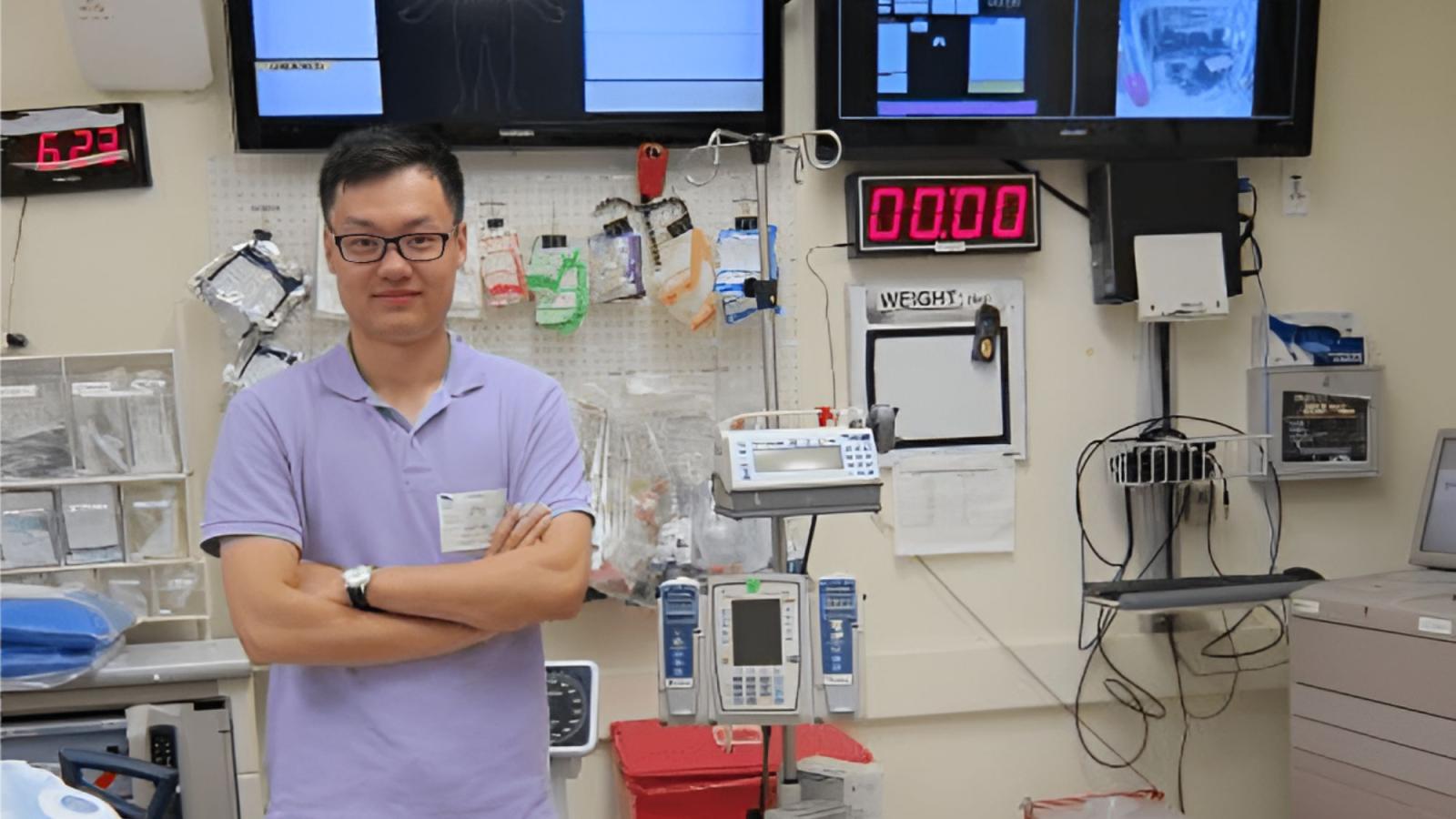The Seidenberg School of Computer Science and Information Systems hosted the annual Seidenberg Innovation Awards (SIA) at Pace University’s New York City campus, bringing together leaders in technology, education, and business to recognize innovation, community impact, and the next generation of tech professionals.
Seidenberg Professor Awarded Grant from the National Institute of Health

Seidenberg Associate Professor and recipient of numerous grants for his research of technologies in the medical field, Dr. Zhan Zhang, has just received a new grant from the National Institute of Health (NIH).
The new grant is a three-year project with $420,000 in funding, and will focus on developing AI-empowered decision support systems for emergency care services. This grant can support up to four undergraduate students doing research every year.
Dr. Zhang’s newest accomplishment continues his previous successes in research and grant acquisitions in the field of healthcare technology. His work primarily focuses on developing innovative solutions for emergency care personnel, including wearable devices for paramedics and collection of real-time patient data, UX design, and human-computer interactions. Dr. Zhang has previously been awarded multiple grants by the National Science Foundation (NSF), including a prestigious $500,000 award to develop touchless smart glasses for emergency care professionals. He also made history at Pace University with a previous NIH-funded project (research of care coordination and communication between medical teams using smart glasses and advanced interaction mechanisms like augmented reality), by becoming the first professor at Pace to receive grants from both the NSF and NIH.
When talking about his newest NIH grant, Dr. Zhang said that it is “a continuation of my prior work on digitizing EMS work through novel technology. The ultimate goal is to support informed decision-making and reduce medical errors in pre-hospital care.” The aim of the project is to design and develop an evidence-based cognitive aid that can effectively support prehospital providers in treating pediatric patients while considering their dynamic workflow.
The interdisciplinary team will consist of experts in pediatric emergency care, human-computer interaction, natural language processing (NLP), and artificial intelligence (AI). They will focus on three main goals: to characterize medical errors in prehospital pediatric care through a “human-in-the-loop” computational approach, to design and develop user-friendly cognitive aids for prehospital providers, and to implement and evaluate the proposed technology solution in simulated environments. The students who will be recruited to conduct research on the project will also come from various backgrounds to foster collaboration and a diverse learning environment. They will be trained and mentored to develop both technical (e.g., medical informatics, NLP, user-centered design) and non-technical (e.g., communication, teamwork, and critical thinking) skills.


